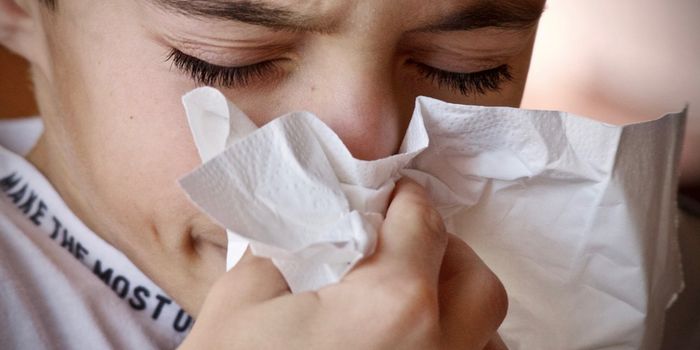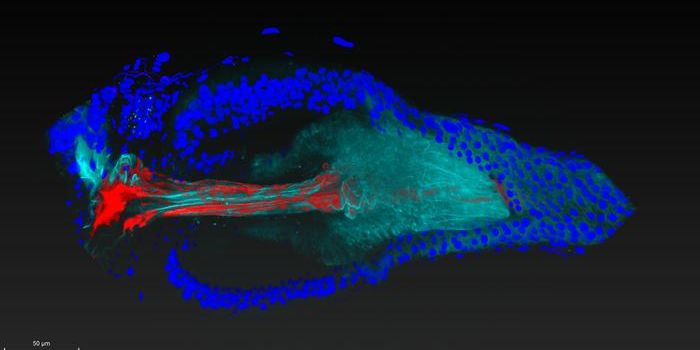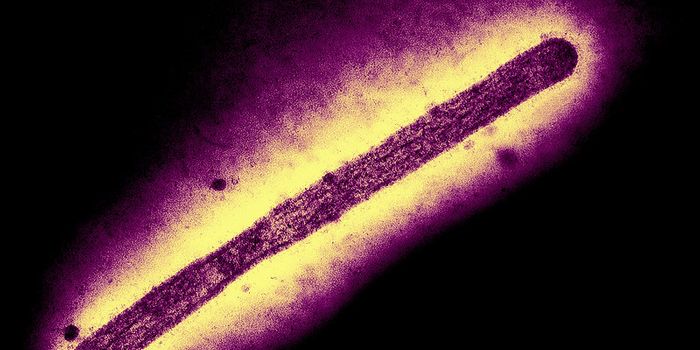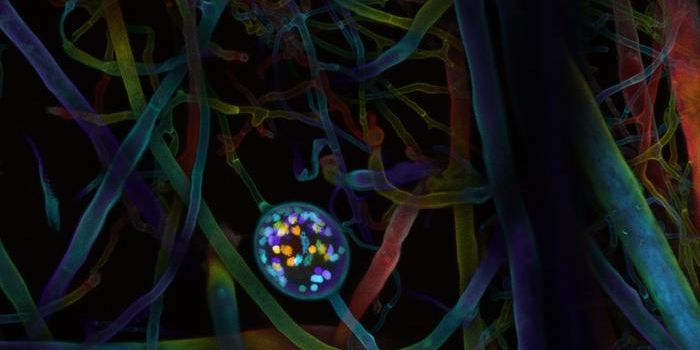Using Cranberries and Citrus to Remove Viruses From Food
All types of food products can carry pathogens. Noroviruses can contaminate fresh produce and in developed nations, they are the most common cause of gastroenteritis. These viruses are also very tough to destroy and they can resist various treatments like irradiation that use cold pasteurization to rid food of parasites, insects, molds, and bacteria. During irradiation, gamma rays or X-rays are applied so that viruses will be destroyed, but in order for the treatment to be effective, the dosage must be so high that it can impact the characteristics of fresh produce.
Reporting in the Journal of Applied Microbiology, researchers led by Professor Monique Lacroix of the Institut National de la Recherche Scientifique (INRS), an edible coating has been developed that is based on citrus extract and cranberry juice. When applied to fresh produce, this coating is intended to make any noroviruses contaminating the food more sensitive to gamma irradiation. This would get rid of the viruses while maintaining the quality of the food, and posing no risk to consumers. Food like strawberries or lettuce could be sprayed with the coating, then gamma irradiated. There are polyphenols and organic acids in cranberry juice and citrus extract that can help to inhibit viral proteins and alter their activity.
"Noroviruses usually require an irradiation dose of three kilograys (kGy), but we have shown that the treatment time is reduced by half with this fruit mixture spray, which acts as a natural antimicrobial. Using these natural antimicrobials prevents cell breakdown or brown discoloration," said Lacroix.
This is the first time the citrus extract and cranberry juice have been used together as a treatment. "Both the juice and extract have the ability to remove noroviruses when used alone, but when combined with cold pasteurization in the same treatment, the fruit concentrations required are significantly lower," added Lacroix.
There is a risk of norovirus contamination both before and after food is harvested. Runoff from contaminated fields can introduce fecal matter to food, or the people that are doing the harvesting may contaminate the food they are handling.
"Unlike bacteria, noroviruses do not multiply on food. They are deposited there and remain there until a human being is infected," said the first author of the study Alexandra Gobeil, a recent master's graduate in Applied Microbiology at INRS.
The team has tested their coating on lettuce, which is known as a fragile vegetable that is very difficult to preserve. They are hopeful that the coating will be useful on a commercial scale, and will try to eventually partner with the food industry.
Sources: AAAS/Eurekalert! via INRS, Journal of Applied Microbiology









